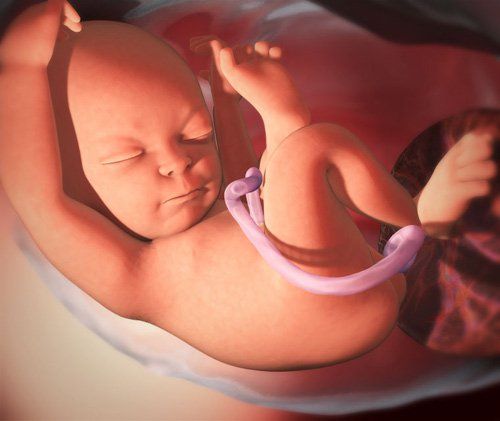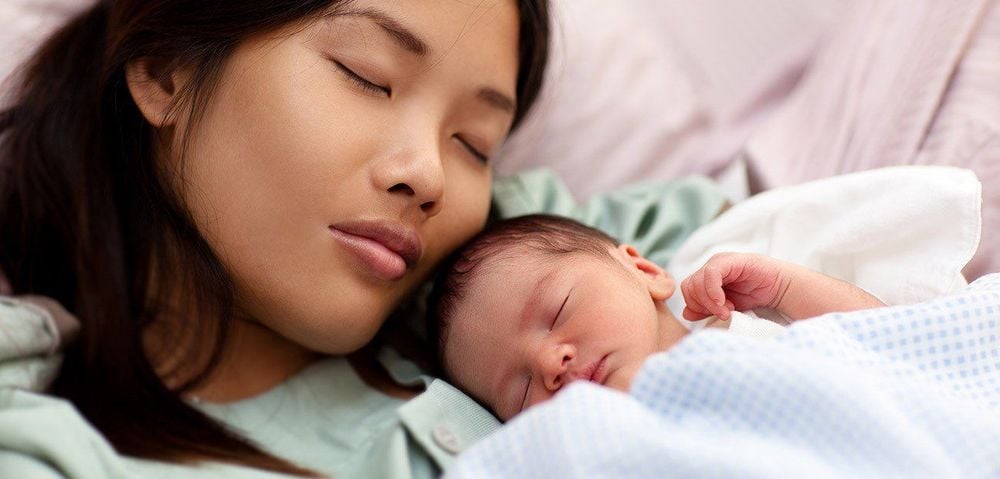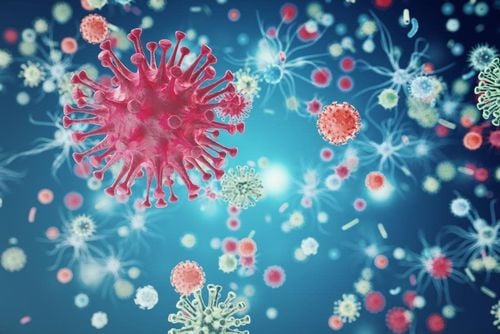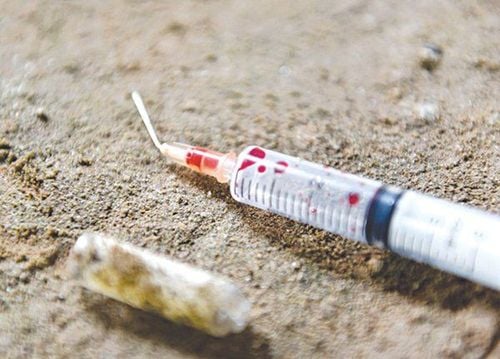This is an automatically translated article.
The article is professionally consulted by Specialist Doctor I Truong Nghia Binh - Specialist in Obstetrics - Obstetrics and Gynecology - Vinmec Da Nang International HospitalWomen infected with HIV during pregnancy have a very high rate of transmission to their babies. Until now, medicine has not found a way to completely cure this disease. HIV not only causes harm in terms of health but also greatly affects the development of the fetus in the womb.
1. Is HIV transmitted from mother to child?
To find the answer to this problem, a study of the World Health Organization (WHO) was carried out on 100 pregnant mothers infected with HIV, about 9 children will be infected from their mothers during pregnancy. Since infancy, 17 children were infected during labor and 10 children were infected with HIV during breastfeeding. The rate of HIV transmission from mother to child accounts for about 30%.2. How is HIV transmitted from mother to child?
If a pregnant woman is infected with HIV, mother-to-child transmission can occur very early or through the following three times:2.1 Mother-to-child transmission of HIV during pregnancy Scientific studies have found HIV virus was found in the kidneys, brain, and liver of the fetus at only 13 weeks of age, in particular, histological abnormalities in the brain and thyroid gland of HIV-infected fetuses. A few cases of infants born to HIV-infected mothers have had immune disorders and abnormal CD4 cell counts, suggesting that mother-to-child transmission of HIV occurs very early in life. placenta, scientists also call this type of vertical transmission.
Transmission of HIV from mother to child through the placenta is very complicated and has many unknown points because the structure and functional characteristics of the placenta will change with each stage of pregnancy progress. How HIV is transmitted from mother to child through the placenta is still unclear, but studies have shown that this rate increases as the age of the pregnant mother increases, even though the mother is pregnant. If the mother is infected with HIV while pregnant or is infected with HIV after being pregnant, the risk of transmission to the baby through the placenta is still very high, accounting for about 30%.
2.2. Mother-to-child transmission of HIV during childbirth

The rate of infection will increase in cases of prolonged labor, difficult births or scratches, mother's soft tissue is crushed, traumatized.... Time from breaking water to baby The longer the birth, the greater the risk of mother-to-child transmission of HIV. For every hour after the water breaks, the risk of mother-to-child transmission of HIV increases by about 2%.
For cases of twins, triplets, the risk of HIV infection in the first born child is often higher than the latter. Therefore, to reduce the risk of HIV transmission from mother to baby during delivery to a minimum, doctors often perform vaginal washing with antiretroviral agents before labor.
2.3 Mother-to-child HIV transmission while breastfeeding? Although the concentration of HIV virus in breast milk is not high, the possibility of HIV transmission from mother to child is still very high if the breastfed baby is infected with HIV.
HIV virus from breast milk can penetrate through the lining of the baby's mouth, tongue and gums and attack the body, especially in the case of the child showing signs of infection in the oral cavity, the higher the infection rate. .
In addition, if the breast of an HIV-infected mother is inflamed or cracked, or when the baby is teething, the mother's breast bleeds, the HIV virus can also enter the baby's mouth through the blood and penetrate the mucosa in the oral cavity to cause infection. sick. According to statistics, about 30% of babies are infected with HIV from their mothers during breastfeeding.

3. How to reduce the risk of HIV transmission from mother to child?
In fact, the rate of HIV transmission from mother to child will account for about 40%. However, if mothers infected with HIV receive good preventive care, the rate of transmission to their children will drop to 10%, even 1%. Scientific studies have shown that the rate of children infected with HIV after prevention with negative results accounts for over 90%. Therefore, whether the baby is born infected with HIV or not depends very much on the preventive treatment in the pregnant mother infected with HIV virus.In order to prevent and reduce the risk of mother-to-child transmission of HIV in HIV-infected pregnant mothers, the mother needs to go to specialized medical facilities for counseling, maternity care, and monitoring and treatment. prevention of mother-to-child transmission of HIV.
When the labor process takes place, the mother needs to continue to cooperate well with the obstetrician to help the delivery process be smooth and safe. In particular, mothers need to absolutely follow the instructions on care and treatment for their babies after birth to minimize the risk of HIV transmission from mother to child.
Please dial HOTLINE for more information or register for an appointment HERE. Download MyVinmec app to make appointments faster and to manage your bookings easily.














